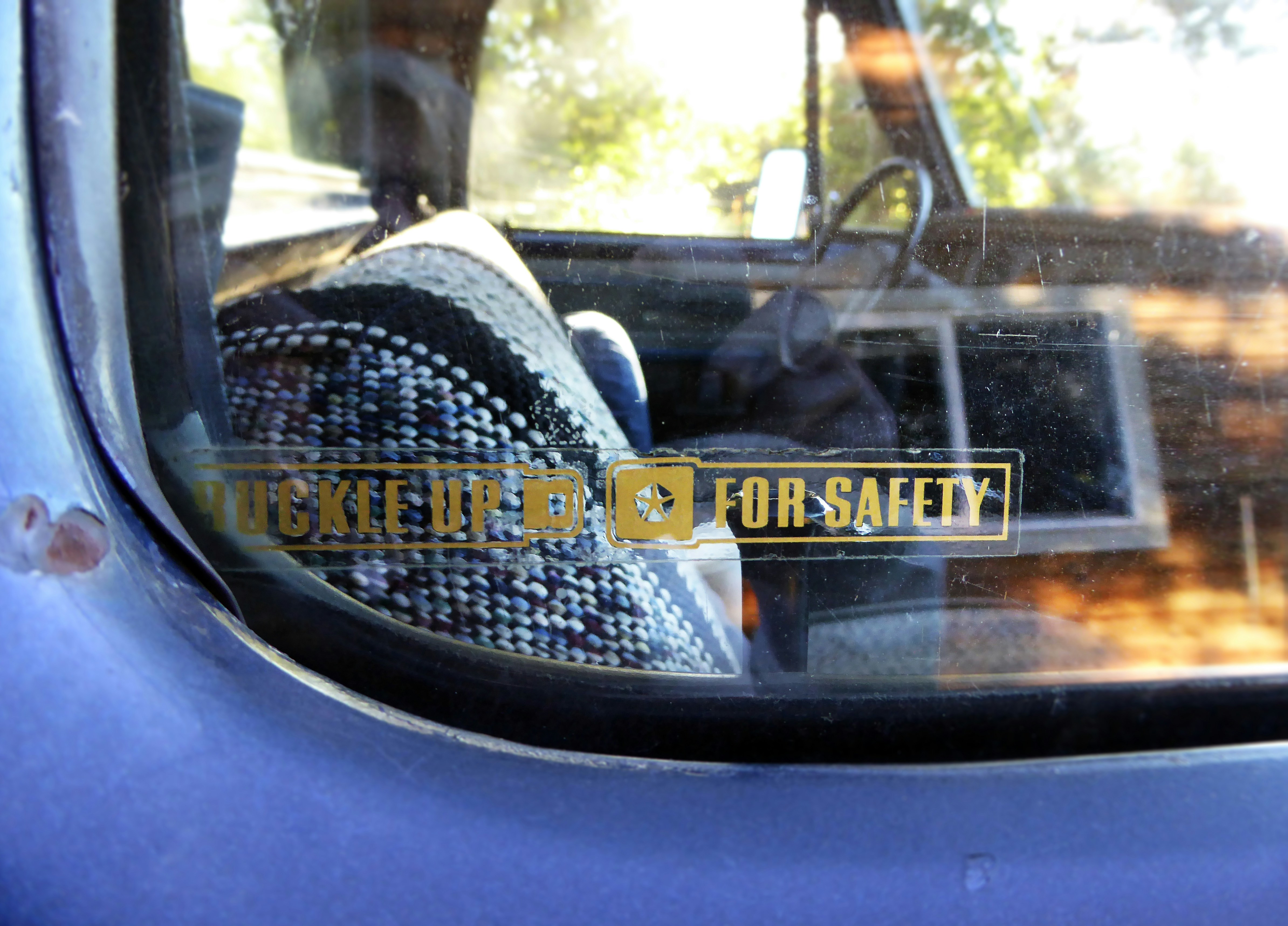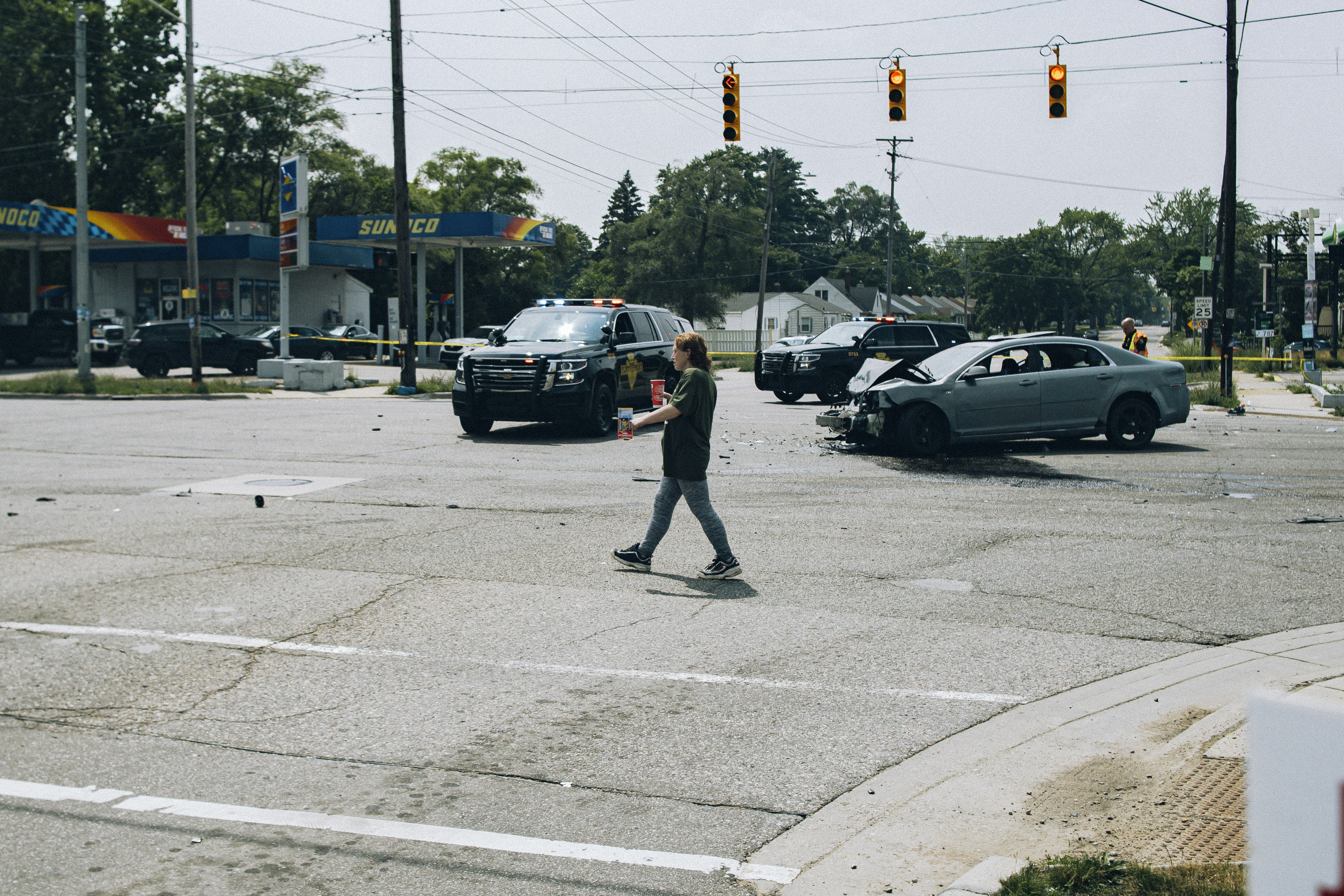If you frequently drive cars you don’t own—whether borrowing a friend’s vehicle, renting cars, or using car-sharing services—a non-owner car insurance policy may be essential for your protection. This specialized insurance covers drivers who do not own a personal vehicle but still want liability coverage and protection while driving.
In this comprehensive guide, we’ll explore what non-owner car insurance is, who needs it, how it works, typical costs, and how to get the best quotes online in 2025.
What Is a Non-Owner Car Insurance Policy?
A non-owner car insurance policy provides liability coverage when you drive a vehicle you do not own. Unlike traditional auto insurance, which covers your own vehicle, non-owner policies are designed for:
- Individuals who frequently drive rented or borrowed cars
- Drivers who don’t own a car but need to meet state minimum liability insurance requirements
- People with a suspended or revoked vehicle registration who still drive occasionally
- Those who want additional coverage beyond what rental companies or friends provide
This insurance generally covers bodily injury and property damage liability but does not cover physical damage to the vehicle you are driving. You are covered for damages you cause to others while driving but not for damage to the borrowed or rented car itself.
Who Needs Non-Owner Car Insurance?
Non-owner car insurance is ideal for:
- Frequent Renters: If you rent cars regularly but don’t want to purchase full insurance coverage every time.
- Borrowers: Those who often borrow vehicles from family or friends.
- New Drivers: Individuals waiting to purchase their own car.
- People Without a Vehicle: Those who rely on public transportation but occasionally drive a non-owned vehicle.
- High-Risk Drivers: Drivers who have had their license suspended but still need coverage when they regain driving privileges.
What Does Non-Owner Car Insurance Cover?
Most non-owner car insurance policies include:
- Liability Coverage: Pays for injuries or property damage you cause to others in an accident.
- Personal Injury Protection (PIP): May be included depending on the state, covering your medical expenses.
- Uninsured/Underinsured Motorist Protection: Protects you if hit by a driver without sufficient insurance.
What It Doesn’t Cover
- Damage to the vehicle you are driving (collision or comprehensive)
- Theft or vandalism of the borrowed or rented vehicle
- Personal property damage inside the vehicle
How Does Non-Owner Car Insurance Work?
When you have a non-owner policy, it acts as secondary coverage behind the vehicle owner’s insurance. Here’s the order of how claims are handled:
- Primary Coverage: The vehicle owner’s insurance is the primary coverage if you cause an accident.
- Secondary Coverage: If the owner’s insurance limits are exhausted, your non-owner insurance may cover additional costs up to your policy limits.
This layered protection is crucial, especially when driving vehicles with minimal coverage or when the vehicle owner has a low liability limit.
State Requirements and Legal Considerations
Each U.S. state has different minimum liability insurance requirements. A non-owner car insurance policy helps drivers meet those requirements without owning a car. However:
- Some states may not recognize non-owner policies as sufficient for driving without owning a vehicle.
- States like California, Florida, and New York have specific rules about non-owner coverage.
- Check your state’s Department of Motor Vehicles (DMV) website or your state insurance commissioner’s office for exact requirements.
How Much Does Non-Owner Car Insurance Cost?
On average, non-owner car insurance costs between $200 and $500 annually. Several factors influence your premium:
- Driving record: Clean records get lower rates.
- Age and gender: Younger drivers pay more.
- State of residence: Insurance costs vary widely by state.
- Credit score: Better scores often qualify for discounts.
- Coverage limits: Higher liability limits increase premiums.
How to Get the Best Non-Owner Car Insurance Quotes Online
Getting the best rates starts with comparing quotes from multiple insurers. Follow these tips:
- Use Comparison Tools: Platforms like The Zebra, Insurify, and NerdWallet allow you to quickly compare quotes.
- Check Coverage Options: Confirm the policy includes liability limits you’re comfortable with.
- Ask About Discounts: Inquire about multi-policy discounts or safe driver rewards.
- Review Policy Exclusions: Make sure you understand what is not covered.
- Read Reviews: Choose insurers with strong customer satisfaction and claim handling.
Pros and Cons of Non-Owner Car Insurance
| Pros | Cons |
|---|---|
| Provides liability coverage without owning a car | Does not cover damage to the vehicle you drive |
| Helps meet legal requirements in many states | Limited coverage—no collision or comprehensive protection |
| Usually affordable compared to full auto insurance | May not be accepted in all states |
| Secondary coverage after the owner’s policy | Cannot insure a car, only yourself |
When Should You Consider a Non-Owner Car Insurance Policy?
- You drive rented cars frequently but don’t want costly rental insurance.
- You borrow vehicles regularly and need liability coverage.
- You are waiting to purchase your own car but must meet insurance requirements.
- You want an affordable way to maintain insurance coverage without vehicle ownership.
- Your vehicle has been repossessed, or you no longer own a car but still drive occasionally.
Frequently Asked Questions (FAQs)
Q: Does non-owner car insurance cover rental cars?
A: It usually covers liability but not physical damage to rental cars. Rental companies may require you to purchase their insurance for full protection.
Q: Can I get non-owner car insurance with a poor driving record?
A: Yes, but expect higher premiums.
Q: Is non-owner insurance valid in every state?
A: Most states accept it, but rules vary. Check with your state’s DMV or insurance department.
Final Thoughts
A non-owner car insurance policy is a smart solution for drivers who don’t own a vehicle but want liability protection while driving borrowed or rented cars. It offers an affordable alternative to full auto insurance policies, helping meet state legal requirements and providing peace of mind.
Before purchasing, compare quotes online, review policy details, and verify your state’s requirements. With proper coverage, you can drive confidently without owning a car.




Hey very nice website!! Man .. Excellent .. Amazing .. I will bookmark your blog and take the feeds also…I am happy to find a lot of useful info here in the post, we need work out more strategies in this regard, thanks for sharing. . . . . .
I抎 should test with you here. Which is not one thing I often do! I take pleasure in studying a publish that may make individuals think. Also, thanks for permitting me to comment!
Thanks for your concepts. One thing I’ve got noticed is the fact banks and also financial institutions know the dimensions and spending routines of consumers plus understand that plenty of people max out and about their own credit cards around the breaks. They correctly take advantage of this real fact and begin flooding your current inbox and snail-mail box with hundreds of no interest APR credit card offers immediately after the holiday season closes. Knowing that if you’re like 98 in the American general public, you’ll get at the one opportunity to consolidate credit card debt and move balances to 0 APR credit cards.
It’s a pity you don’t have a donate button! I’d definitely donate to this fantastic blog! I guess for now i’ll settle for bookmarking and adding your RSS feed to my Google account. I look forward to new updates and will share this blog with my Facebook group. Talk soon! http://www.kayswell.com
I’m not sure if this is a format issue or something to do with internet browser compatibility but I figured I’d post to let you know. The style and design look great though! Hope you get the issue fixed soon. Many thanks http://www.kayswell.com
I’m still learning from you, but I’m improving myself. I certainly liked reading all that is posted on your website.Keep the stories coming. I enjoyed it!
I am extremely impressed with your writing skills as well as with the layout on your weblog. Is this a paid theme or did you modify it yourself? Either way keep up the excellent quality writing, it’s rare to see a nice blog like this one nowadays..
This paragraph will assist the internet users for building up new web site or even a blog from start to end. http://www.kayswell.com
F*ckin?amazing things here. I am very satisfied to look your post. Thank you so much and i am looking forward to touch you. Will you please drop me a mail?